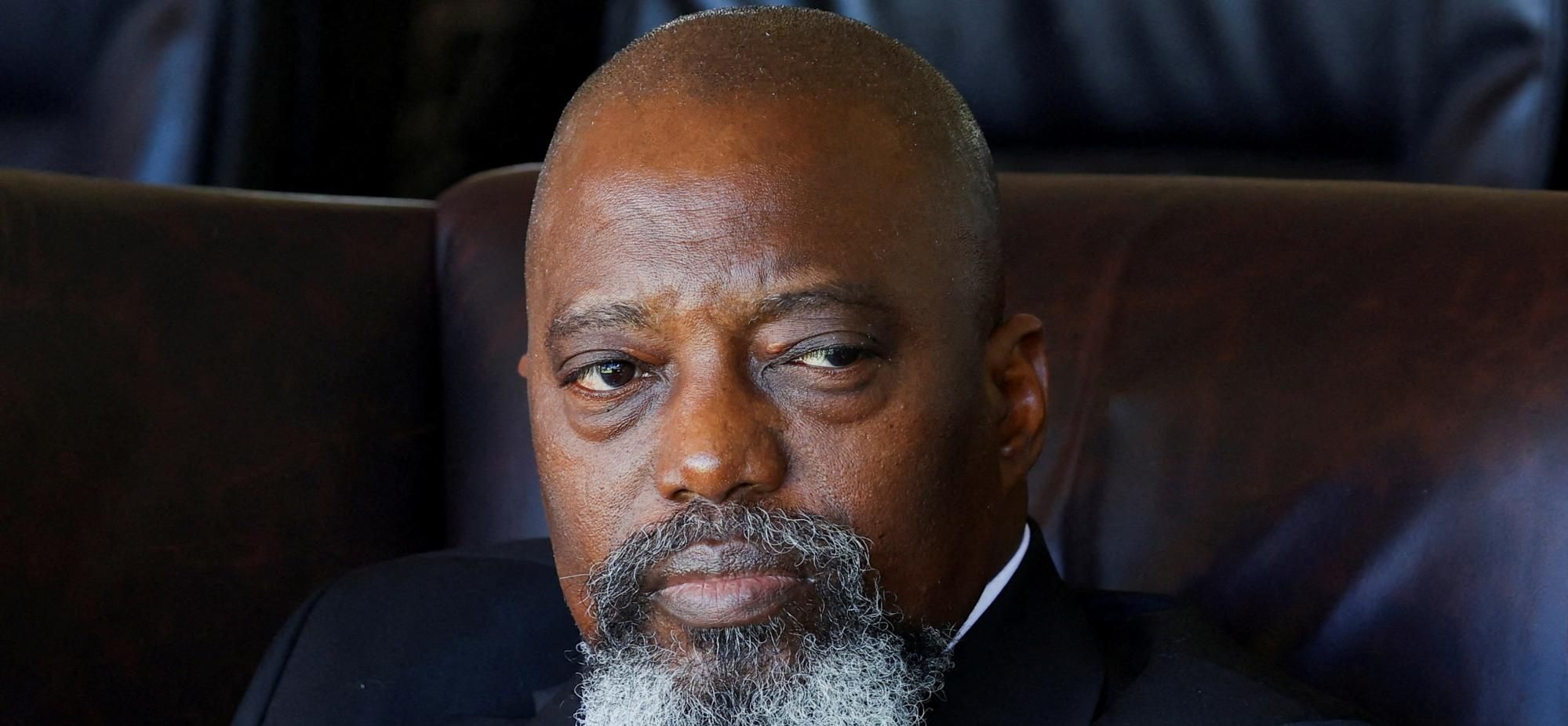The highly anticipated treason trial of former Democratic Republic of Congo (DRC) President Joseph Kabila officially began this week in a military court in the capital, Kinshasa.
The 53-year-old ex-leader is facing multiple serious charges, including treason, murder, rape, and involvement with an armed rebellion, allegations he has firmly denied.
Kabila, who ruled the DRC for nearly two decades, was notably absent from the courtroom during the trial’s opening session.
His legal team has condemned the proceedings as politically motivated, claiming the judiciary is being manipulated for partisan ends.
Kabila has publicly denounced the charges as “arbitrary” and described the legal action against him as an “instrument of oppression.”
The accusations center on Kabila’s alleged support for the M23 rebel movement, which currently holds significant territory in the mineral-rich eastern region of the country.
President Félix Tshisekedi, Kabila’s successor and political rival, has directly accused the former leader of being the mastermind behind the rebel offensive that continues to destabilize the region.
Despite a recent ceasefire agreement between the Congolese government and M23 rebels, hostilities have persisted, casting further doubt on the prospects for peace. Many observers fear that renewed conflict could lead to a broader regional crisis.
Kabila returned to the DRC in May after spending two years in self-imposed exile in South Africa.
His reappearance in the city of Goma, currently under rebel control, raised alarm in government circles and set the stage for the legal battle now unfolding.
The upper house of parliament lifted Kabila’s lifetime senatorial immunity shortly after his return, allowing the prosecution to move forward with formal charges.
The allegations against him include participation in an insurrection, unlawful occupation of territory, and support for a foreign-backed rebel group.
Kabila’s presence in Goma has fueled speculation about his ties to M23 and neighboring Rwanda, which has long been accused of meddling in eastern DRC affairs.
The United Nations and several Western nations have pointed to compelling evidence that Rwanda is providing military support to the M23 rebels and deploying troops into Congolese territory.
Rwanda, however, has rejected these claims, insisting its involvement is limited to efforts aimed at preventing the conflict from spilling across its borders.
Kabila assumed the presidency in 2001 at just 29 years old, following the assassination of his father, President Laurent Kabila.
He remained in power for 18 years, overseeing a turbulent era marked by civil war, contested elections, and widespread corruption.
In 2019, Kabila handed over power to President Tshisekedi after a hotly disputed vote that left the nation deeply divided.
Since leaving office, relations between Kabila and Tshisekedi have deteriorated sharply.
In May, Kabila posted a video on YouTube, now deleted, in which he harshly criticized the current government, accusing it of undermining democratic institutions and ruling through fear.
He called President Tshisekedi’s administration a “dictatorship” and said the country was witnessing a dangerous erosion of civil liberties.
Government spokesperson Patrick Muyaya dismissed Kabila’s remarks at the time, saying the former president had “nothing to offer the country.”
As the trial got underway, Ferdinand Kambere, a longtime Kabila loyalist and former official in the now-outlawed People’s Party for Reconstruction and Democracy (PPRD), accused the government of using the judicial system to sideline its opponents.
He argued that while the administration was lenient in negotiating with rebel forces, it was taking an excessively harsh approach toward Kabila.
“The government is applying double standards,” Kambere said.
“They’re appeasing the rebels while persecuting the former president.”
In response, Congolese Deputy Justice Minister Samuel Mbemba stressed the independence of the legal process.
“Justice does not negotiate.
“It does not engage in political dialogue,” Mbemba stated.
“The timetable for justice is separate from that of politics.”
As proceedings continue, the case against Kabila is expected to send shockwaves through Congolese politics.
This further intensifies the already fraught relationship between former and current leadership.
It also raises crucial questions about justice, accountability, and the future of democracy in the DRC.







